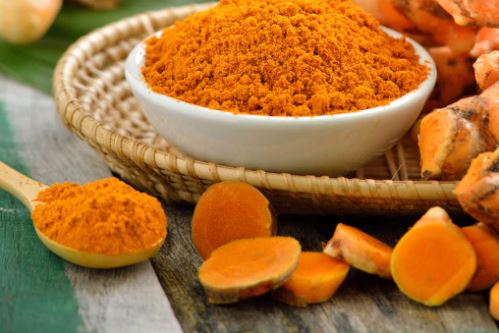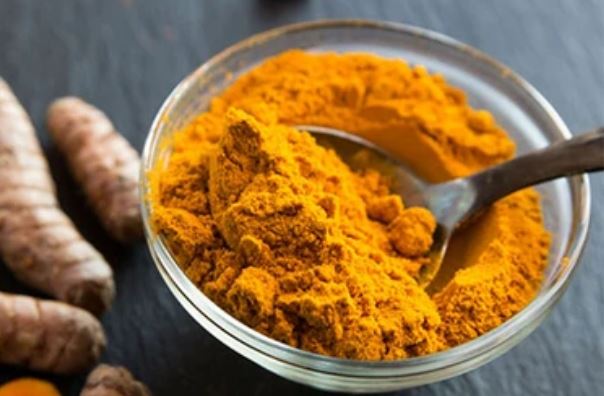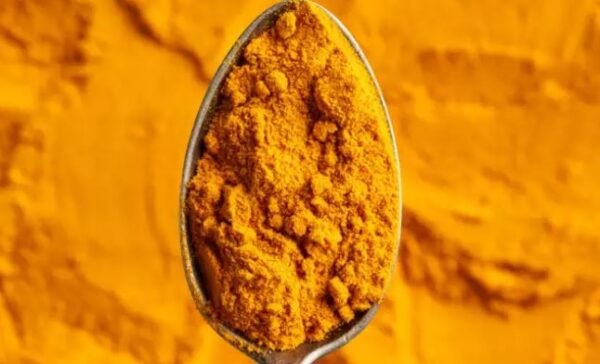Lifestyle
These 5 people should be extremely cautious while having turmeric

Turmeric is a popular spice, which is widely used in cuisine to give that pleasant yellow colour to the food. But the use of this yellow spice is not only limited to the culinary world.
It has some amazing medicinal properties and has been used in Ayurveda for centuries for treating several health-related ailments.
Turmeric is added in milk, applied on wounds and is taken as supplements across the globe.
The real hero in turmeric is the curcumin, a potent plant chemical, which is believed to possess powerful anti-inflammatory effects.
It is effective in treating knee pain, managing cholesterol level, cutting down the risk of heart disease and irritable bowel syndrome.
However, some people need to be extra careful while consuming turmeric as it may have side-effects. Read on to know.
1. Pregnant and breastfeeding women
Turmeric is considered a great immunity booster. It is generally safe for pregnant and breastfeeding women when taken in food as the level of curcumin is low in cooked foods. It is considered unsafe when taken in medicinal form as it may promote a menstrual period or stimulate the uterus, putting the pregnancy at risk.
2. When suffering from anaemia
Anaemia is caused due to iron deficiency. It occurs when the body does not make enough red blood cells or the body loses excessive red blood cells due to bleeding or it destroys red blood cells. Taking turmeric in high concentration in such a situation can prevent the absorption of iron, making the condition worse.
3. Bleeding disorders
People having any kind of blood disorders like those who depend on blood-thinning medicines or often experience bleeding from the nose, they must be careful while consuming curcumin. Excessive intake may slow the ability of your blood to clot, which may increase the risk of bruising and bleeding.
4. Diabetes
Diabetes patients should pay a lot of attention to their diet. They need to manage their blood sugar level. It should not be too high or get too low. Curcumin is known to decrease the quantity of sugar on the blood. If not taken with caution, it might make blood sugar too low, which can be harmful.
5. Kidney stone
Kidney stones are crystals formed due to deposition of minerals and salt. The most common mineral is calcium oxalate. Turmeric is also high in oxalate, which can bind with calcium and cause kidney stones formation. So, if you are suffering from the problem of kidney stones it is best to take precautions.
The safe amount of turmeric
As per science, having 500–2,000 mg of turmeric per day in an extract form may have potential benefits. In extract form, the curcumin content is generally higher than the amounts naturally occurring in foods.
If you add 2,000–2,500 mg of turmeric in your food, it provides only 60–100 mg of curcumin per day. This amount of curcumin intake is not harmful to anyone. However, if you are planning to take curcumin supplements then consult your doctor first.










